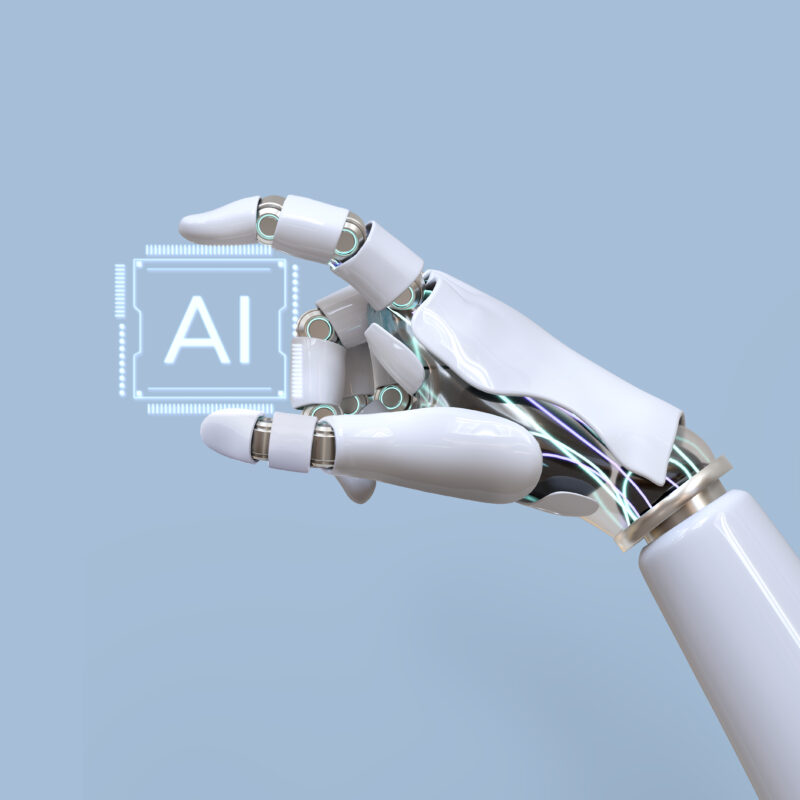Artificial Intelligence (AI) has moved from being a futuristic concept to an active force shaping daily life — from healthcare diagnostics and self-driving cars to hiring systems and criminal justice algorithms. But as machines begin to make or influence decisions that once required human judgment, a pressing question arises: Can we trust AI to make ethical decisions?
This question touches the heart of the AI ethics debate — a complex intersection of technology, morality, and human responsibility. While AI systems can process data faster and more accurately than humans, their decision-making is only as unbiased, fair, and
moral as the data and design behind them.
1.Understanding AI Decision-Making
AI decision-making relies on algorithms — step-by-step instructions that guide machines in analyzing data and making predictions or choices. These systems “learn” from patterns in large datasets, enabling them to recommend medical treatments, screen job applicants, or even determine loan eligibility.
However, this learning process raises an ethical dilemma: machines do not understand context, empathy, or morality. They optimize for outcomes based on mathematical logic, not human values. For example, a hiring algorithm trained on biased historical data may unknowingly favor male candidates, reproducing gender inequality under the guise of “efficiency.”
This lack of human understanding means that AI systems can’t differentiate between what is technically correct and what is morally right.
2.The Problem of Bias and Fairness
One of the most significant ethical challenges in AI is bias. Because AI learns from human-generated data, it often inherits our flaws — racial prejudice, gender bias, and social inequality.
For instance, facial recognition systems have been found to misidentify people of color at a much higher rate than white individuals. Similarly, some predictive policing tools have unfairly targeted minority neighborhoods due to biased historical crime data.
These examples show that when AI systems are deployed without ethical oversight, they can amplify discrimination instead of eliminating it. As a result, the question isn’t just can AI make decisions — it’s should it be allowed to make them in situations that directly affect human rights and justice?
3.Accountability and Responsibility
When AI makes a mistake, who is responsible? The developer who designed the system, the company that deployed it, or the machine itself?
This “accountability gap” is one of the thorniest ethical issues surrounding AI. For example, if an autonomous vehicle causes an accident, determining liability becomes complex. Should we blame the programmer for a coding error, the car manufacturer for insufficient testing, or the AI system that made a split-second decision?
In human-driven systems, accountability is clear — the driver or decision-maker is responsible. But with AI, moral responsibility becomes blurred, forcing governments and legal systems to rethink traditional ideas of ethics and law.
4.Transparency and Explainability
Trust in AI depends heavily on transparency — understanding how and why a machine makes a particular decision. Unfortunately, many AI systems operate as “black boxes,” where even their creators struggle to explain how an output was reached.
For example, an AI might reject a loan application or flag a medical condition without offering a clear reason. This lack of explainability makes it difficult for users to challenge decisions or identify errors.
Ethical AI should be built on the principles of explainability — systems must be designed so that humans can understand their logic, verify their fairness, and intervene when necessary.
5.The Role of Human Oversight
While AI can process massive data and detect patterns beyond human capability, final decision-making in sensitive areas should remain under human control. AI should augment human judgment, not replace it.
For example, in healthcare, AI can assist doctors by detecting early signs of diseases, but the ultimate diagnosis and treatment decisions should still involve a human professional. Similarly, in legal or military contexts, human oversight ensures moral reasoning and compassion — qualities that no algorithm can replicate.
6.Building Ethical AI for the Future
The path forward lies in developing ethical AI frameworks. Governments, tech companies, and researchers are working to establish guidelines that ensure fairness, accountability, transparency, and human oversight.
Some key principles for ethical AI include:
- Fairness: Eliminating bias in data and algorithms.
- Accountability: Clear responsibility for AI-driven outcomes.
- Transparency: Making AI decision processes explainable.
- Privacy: Protecting personal data from misuse.
- Human-Centric Design: Ensuring AI serves human welfare, not replaces it.
As AI continues to evolve, collaboration among ethicists, technologists, and policymakers will be crucial to ensure that innovation doesn’t come at the cost of morality.
Conclusion
AI has immense potential to improve lives — from enhancing productivity to solving complex global challenges. But trusting machines to make decisions requires more than technical excellence; it demands a strong ethical foundation.
Machines can be powerful tools, but they lack empathy, morality, and understanding — traits that define humanity. Therefore, while AI can assist in making decisions, it should never be allowed to make them alone. The key lies in balancing technological progress with ethical responsibility — ensuring that AI serves humanity’s best interests, not just its efficiency.













